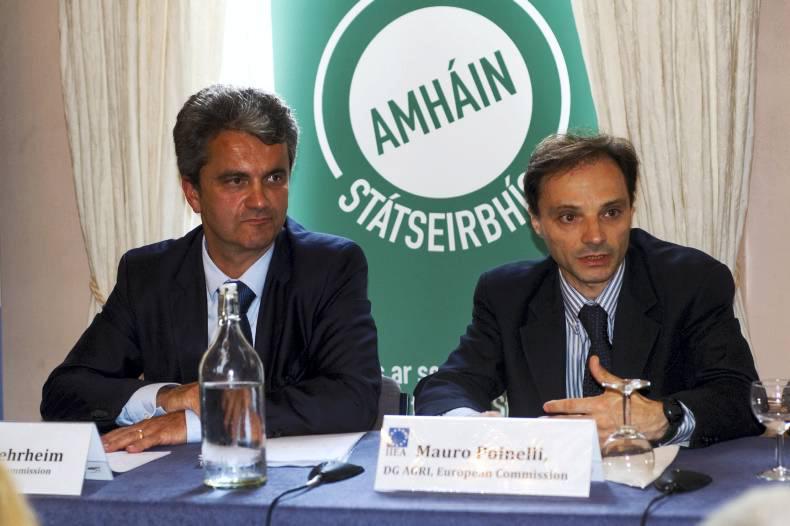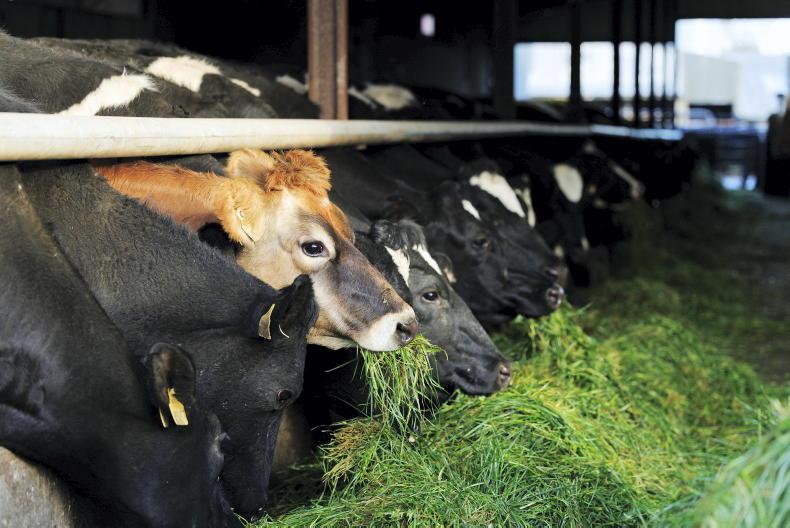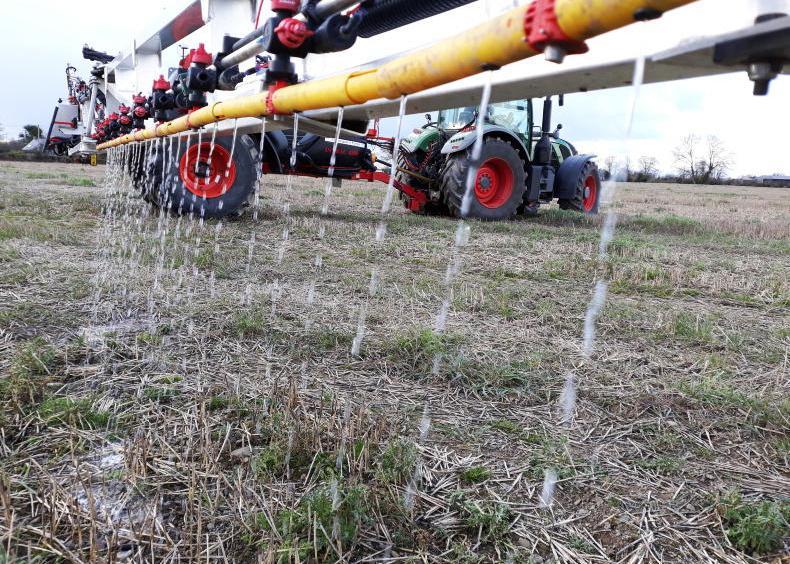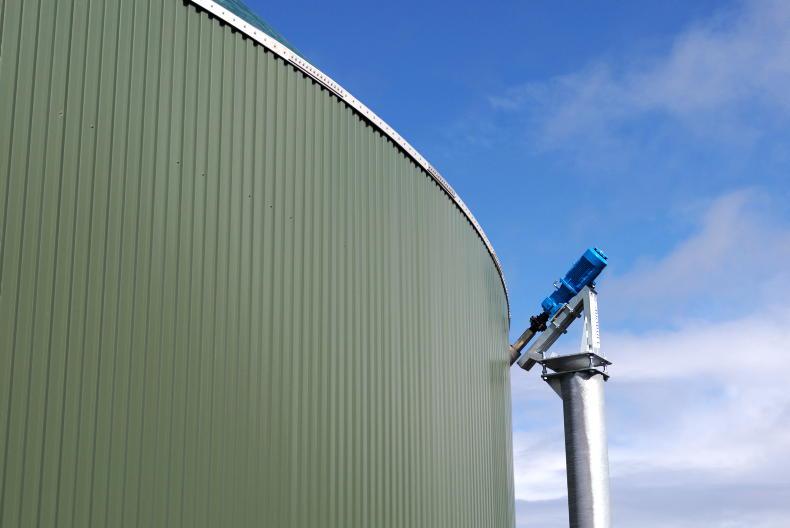A European Commission survey presented in Dublin on Monday, shows that work needs to be done to accommodate conflicting interests in the proposed EU legislation setting climate policy for the farming and forestry sectors for the next 15 years.
Peter Wehrheim, head of unit at the Commission’s Directorate General for Climate Action, discussed early results from a consultation with stakeholders in the agriculture and land use sectors – which ended on 18 June – about their integration under the EU’s commitment to cut greenhouse gas emissions by 40% before 2030.
Industry representatives across the EU “stress that national circumstances are very important and that competitiveness concerns also need to be taken into account”, said Wehrheim.
In their submissions to the survey, the Department of Agriculture and Irish farming organisations insisted that the priority should be on increasing food production – as spelled out in the recent Food Wise 2025 strategy.
In the past 25 years, this has been achieved while cutting greenhouse gas emissions.
Globally, “agricultural production will need to increase by an estimated 70%, according to the UN Food and Agriculture Organization. With strong demand projected for commodities such as milk and meat”, wrote the IFA.
ICOS pointed out that farming profiles and associated emissions were very different from one country to the next.
“The proportion of greenhouse gas emissions attributable to the agricultural sector in Ireland is significantly higher than the EU average. This is due in part to the dominance of livestock production in Ireland, with beef and milk accounting for 67% of agricultural output,” the Irish co-ops federation wrote.
However, “Ireland has one of the most carbon-efficient livestock grass-based production systems for beef and dairy”, added ICOS.
Wehrheim said the Commission was now working to assess the impact of legislative options on emissions, “while also safeguarding food security. Irish challenges in that context are very well understood”.
Opposition
While the Department and industry bodies argue that emissions and gains from agriculture and forestry should be balanced against those of other forms of land use, through so-called effort sharing, most environmental organisations oppose this.
“Any flexibility will most likely be used to reduce efforts in another sector,” An Taisce wrote in its submission to the Commission.
In any case, “the overall emissions from Ireland will have to come down in line with European standards by 2020, then by 2030, and by whatever comes out of the Paris agreement at the end of this year, if there is such an agreement.
Agriculture and forestry have to be part of that”, former European Commission environment expert and adjunct professor at UCD Michael Hammell told the Irish Farmers Journal.











SHARING OPTIONS